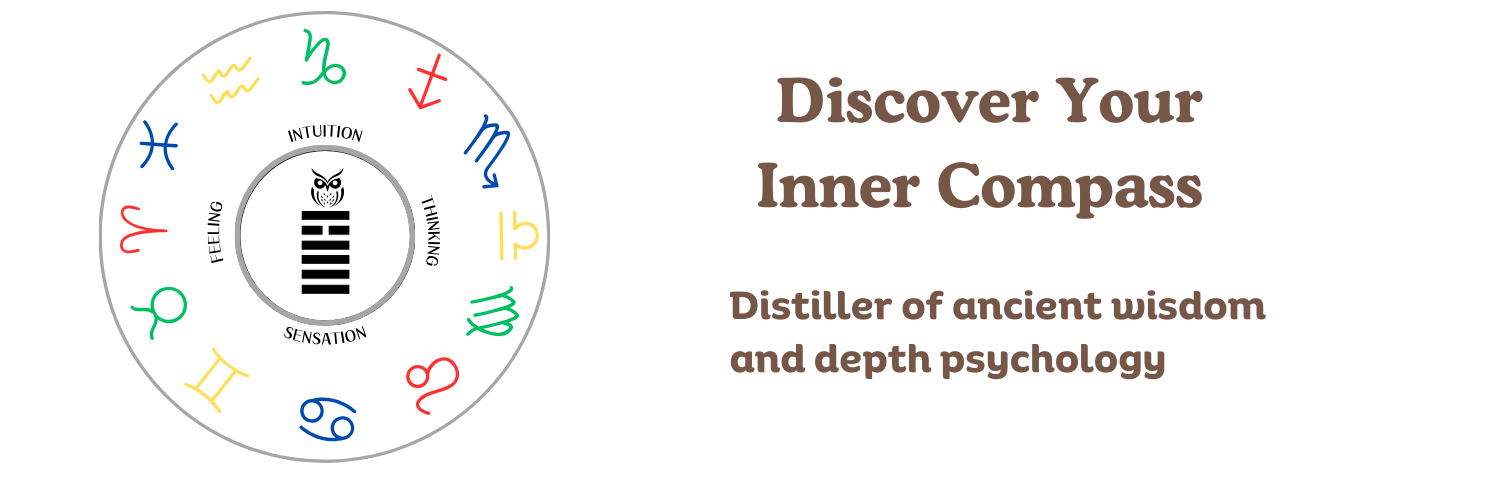It’s a good thing I’ve been doing wrist strengthening exercises lately (for pickleball) because I took notes almost constantly as Jungian analyst and psychiatrist Ashok Bedi spoke to our Jungian Studies group at the Jung Institute of Chicago.
The topic was individuation , which he defined as: “The process of becoming oneself, whole, indivisible and differentiated from the collective but worthy of merger with the collective in one’s uniqueness.”
Here are eight things I learned during those four hours:
- Individuation is immoral unless you pay it back. Might as well start out with the one that pulls no punches! Focusing on individuation cuts you off from conformity and collectivity. After a while you should emerge and serve the community that chooses you to serve it. This is a summary of Jung’s thoughts in The Symbolic Life.
- The 4 types of people and how to handle them (based on the Yoga Sutras):
- Unhappy people – Show them compassion, but not too much. You rob them of necessary suffering if you are too compassionate. Suffering is needed for individuation.
- Happy people – Be mildly joyful towards them, but not too much, because you don’t know how they got their success.
- Wicked people – Avoid them. If they are a family member and you can’t avoid them, put them on a maintenance list, such as only seeing them on holidays.
- Virtuous/soulful people – Stay with them and follow them to the end of life.
- Live your authentic nature in balance. He used the analogy of Lion and Lamb. If you are a lion, be a lion most of the time. But there are times for a lion to be a lamb and vice versa. Sometimes a lamb must speak and act from greater strength and there are times for lions to focus on healing, forgiving, and not holding grudges.
- All our transactions are one of the following (I’ll let you guess which one is the most preferable):
- Both lose.
- I win, you lose.
- You win, I lose.
- Both win.
- Is Jungian psychology spirituality or psychology? Per Bedi it is on the edges of science. The “edge of science is always spirit.” As one of our instructors put it, Jungian psychology is “psychological understanding of how spirit works in human beings.”
- Absence of proof is not absence of truth.
- You are everything. The universe is one. As above, so below. You are god, human, animal, vegetable, and mineral. In small group sessions we had fun discussing which animal, vegetable, and mineral we are. If you must know, for mineral, I’m an amethyst, because that was once a nickname given to me by a friend who thought I was multi-faceted. For animal, I’m a white-throated sparrow, my favorite bird. A flock of them spends a few weeks in our backyard every spring before migrating north. I love their unique and charming whistles and the stipes on their heads. If you look closely at them, and listen carefully, you will see they aren’t “just a sparrow.” For vegetable, I’m a potato: I like the underworld connotations. They are boring to look at, yet multi-purpose (French fries are my favorite of their forms), nourishing, easy to cook, and abundant in tough times.
Which animal, vegetable, and mineral are you?
Did someone say French fries?
WHAT I OFFER:
Consultations:
Astrology Consultations (including a package deal option)
Writing:
Subscribe to the Reading in Depth monthly newsletter
Get Blog Posts by Email
Index to my popular blog posts about personality typology
